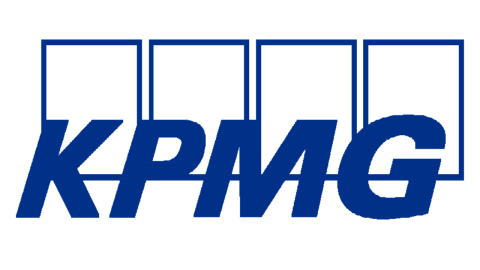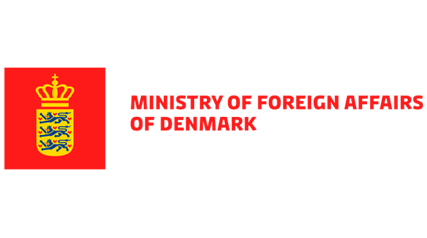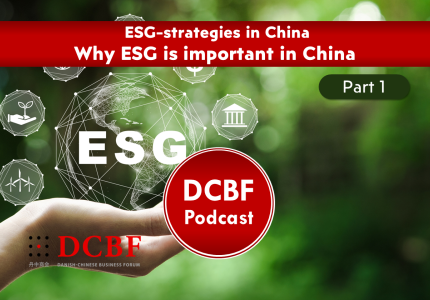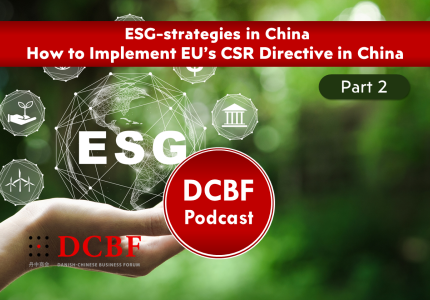
Danish-Chinese Business Forum
The purpose of Danish-Chinese Business Forum is to promote exchange of information and contacts among companies, organisations, top executives and managers who have Danish-Chinese commercial interests.
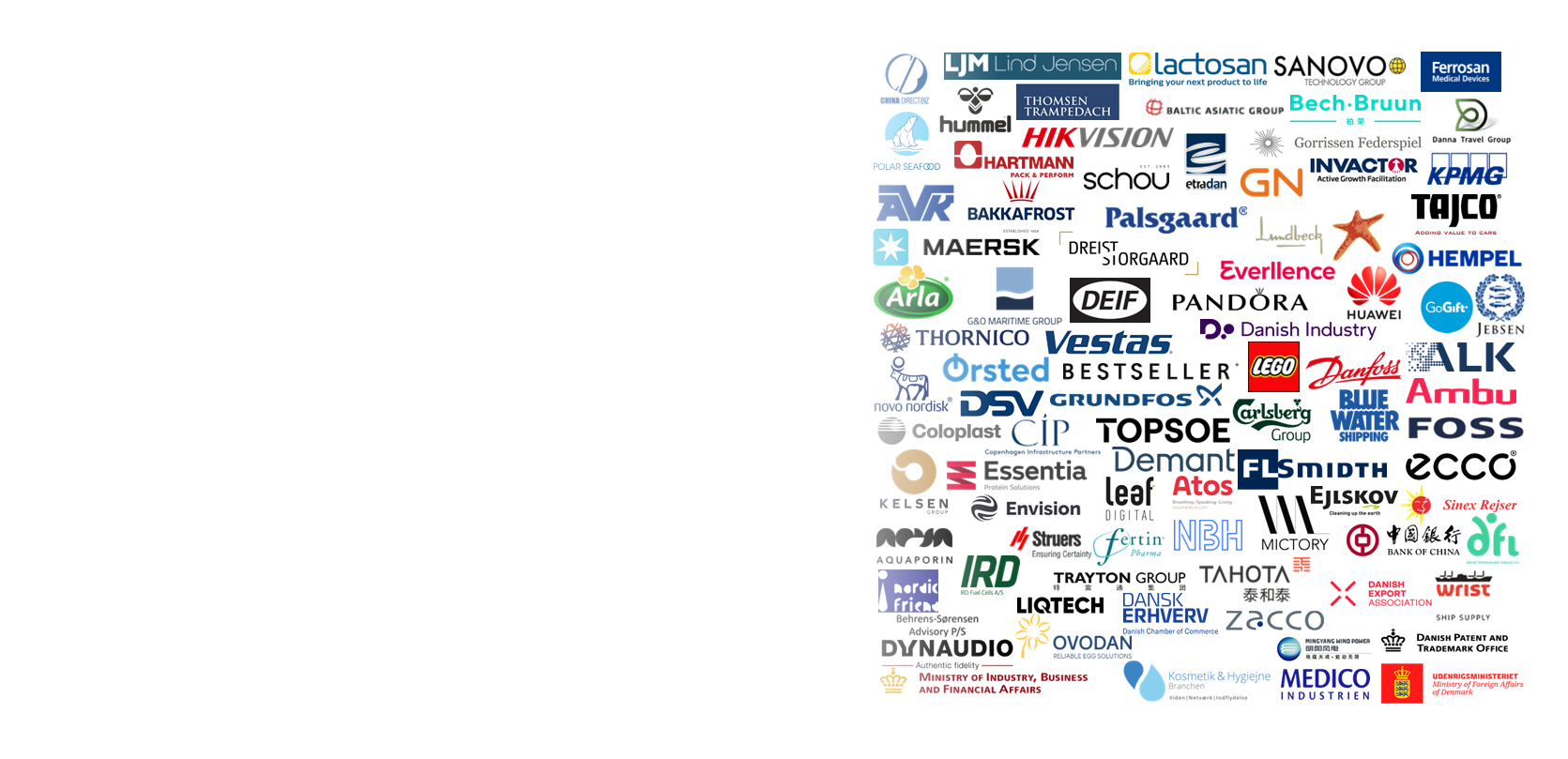
Danish-Chinese Business Forum
The purpose of Danish-Chinese Business Forum is to promote exchange of information and contacts among companies, organisations, top executives and managers who have Danish-Chinese commercial interests.

OUR
Members


Polar Seafood Greenland A/S
Polar Seafood Greenland A/S was established in 1984 as the sales and marketing company for a group of independently owned Green
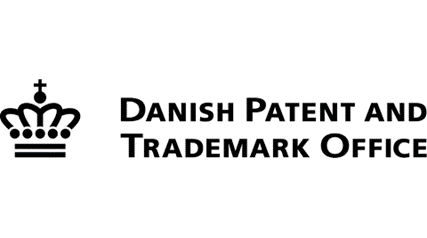
Danish Patent and Trademark Office
The Danish Patent and Trademark Office, a part of the Ministry of Industry, Business, and Financial Affairs, is dedicated to dr
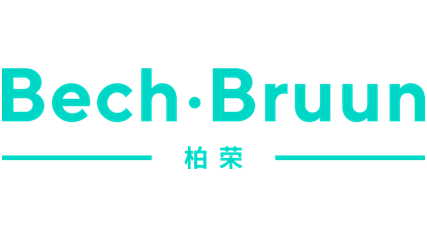
Bech-Bruun Law Firm P/S
Bech-Bruun is a full-service law firm providing client-focused, interdisciplinary legal services.

Bakkafrost P/F
Bakkafrost, which was established in 1968, is a salmon company with farming activities in the Faroe Islands and Sco
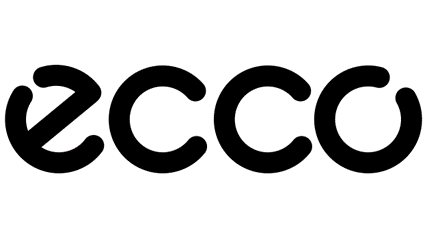
ECCO Sko A/S
ECCO, a world leading brand of shoes combining style and comfort, has built its success on uncompromising quality, innovative t

IRD Fuel Cells A/S
IRD Fuel Cells is a global manufacturer of components for fuel cells, hydrogen production and flow batteries, offering the core

Lactosan A/S
Lactosan was founded with an innovative approach to developing milk powder solutions, with a focus on cheese powder solutions.


GN Store Nord A/S
In 1870, GN Store Nord A/S first connected the Far East, China and Japan, w

Ejlskov A/S
Ejlskov specializes in turnkey clean-up solutions for soil and groundwater contaminat


LEGO Group
The LEGO Group is a privately held company based in Billund, Denmark.

Schou Company A/S
Schou Company A/S is an international trading and wholesale company headquartered in Kolding, D

Thomsen Trampedach
Thomsen Trampedach is an Online Brand Protection service provider with offices in Cop

DEIF A/S
Headquartered in Denmark, the DEIF group today counts more than 400 emplo
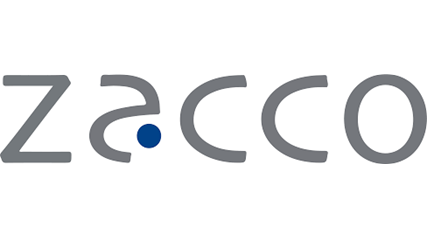
Zacco Advokatanpartsselskab
Zacco is a leading IP consultancy company with 24 offices in Denmark, Germany, Norway and Sweden. Zacco provides not only
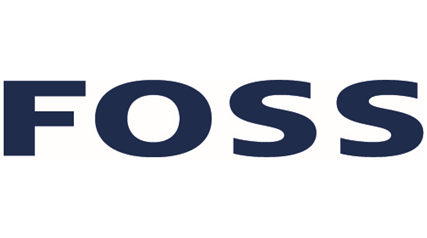
FOSS A/S
The family-owned FOSS company was founded in 1956 and today is the world’s leading producer of innovative analytical instrument

A.P. Moller - Maersk A/S
The Maersk Group is a worldwide conglomerate established in 1904 and operates in some 130 countries with a workforce of over 89

Leaf Digital ApS
Leaf Digital is a digital marketing company offering comprehensive solutions, from planning and content creation to paid advert
Hempel A/S
As a world-leading manufacturer of trusted coating solutions, Hempel is a global company with strong values, working with custo
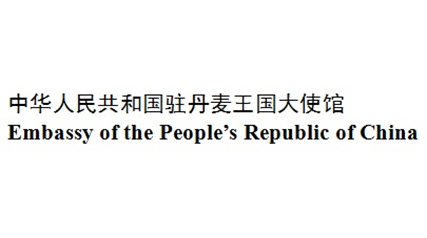
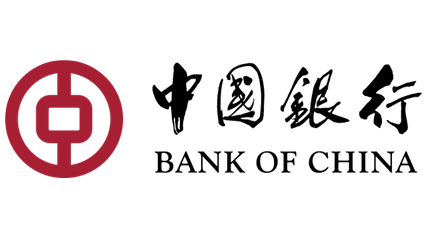
Bank of China (Europe) S.A. Stockholm Branch
Bank of China (Luxembourg) S.A.

Dynaudio A/S
Dynaudio has been researching, designing, engineering and building legendary loudspeakers in Denmark since 1977.
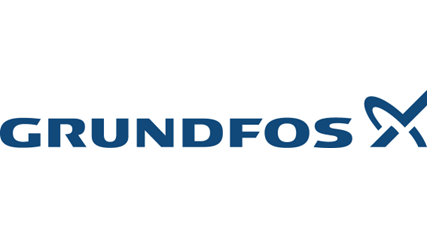
Grundfos Holding A/S
Grundfos pioneers solutions to the world's water and climate challenges and improves quality of life for people.


Danish Chamber of Commerce (Dansk Erhverv)
The Danish Chamber of Commerce is one of the largest business networks in Denmark, representing 18,000 members and over 100 sec

RM Group Holding A/S / Invactor
Invactor is a business facilitator with an Egg-to-Bird philosophy and run

Ørsted Wind Power A/S
Ørsted Wind Power A/S (previously known as DONG Energy) is a leading energy company in Northern Europe and active across the wh

Arla Foods amba
Arla Foods' mission is to offer modern consumers milk-based food products

G&O Maritime Group A/S
G&O Maritime Group was founded in 2014 when Gertsen & Olufsen acquired Atlas Incinerators, and they grew further the fo

Vestas Wind Systems A/S
Vestas wind turbines deliver clean energy that supports the global fight against climate change.
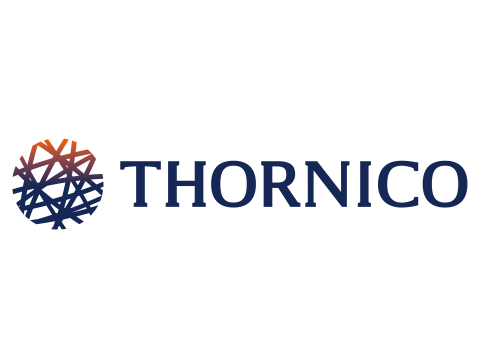
THORNICO Group
THORNICO (the name combination of Thor and Nicholas) took its form around the millennium where father and son, Thor and Christi

Huawei Technologies Co. Ltd.
Founded in 1987, Huawei is a global provider of information and communications technology (ICT) infrastructure and smart device

Coloplast A/S
Coloplast was founded in 1957 and is today a global market leader within intimate healthcare striving to make life easier for p
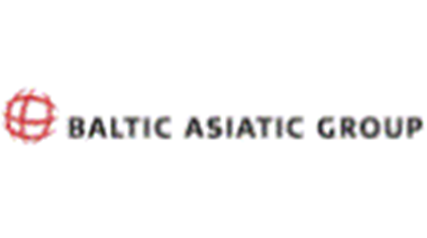
Baltic Asiatic Holdings A/S
Baltic Asiatic Holding A/S' main business is specializing in trading and

Everllence
Everllence (formerly MAN Energy Solutions) is a leading provider of propulsion, decarbonization and efficiency solutions for sh

Hartmann A/S
Hartmann is a global leader in moulded fibre packaging, specializing in eco-friendly solutions for egg and fruit packaging.
Essentia Protein Solutions (BHJ A/S)
Essentia Protein Solutions is a global supplier of animal-based protein ingredients for the food and beverage industry, focusin

LJM - Lind Jensen
LJM is a global company with headquarters in Denmark and operations in China, India, and the USA.

Ambu
Founded in 1937 by Holger Hesse, Ambu is a global medical device company employing over 5,000 pe

Copenhagen Infrastructure Partners P/S
Copenhagen Infrastructure Partners (CIP) is a fund management company specialized in offering tailor-made investments in energy


Ferrosan Medical Devices A/S
Ferrosan Medical Devices is a global leader in topical adjunctive hemostat

Novo Nordisk A/S
Novo Nordisk is a global healthcare company with 89 years of innovation and leadership in diabetes care.

ETRADAN ApS
The company has a history of 35 years, and is continuously developing new, unique products of its own design.


BESTSELLER A/S
BESTSELLER is a family-owned clothing and accessories company founded in Denmark in 1975 by the Holch Povlsen family.

Sanovo Technology A/S
Sanovo is a global leader in providing equipment and solutions for the egg industry, with over 60 years of experience.

Danish Industry (DI) - Confederation of Danish Industry
Danish Industry (DI) is Denmark’s largest business and employers’ organization, representing approximately 20,000 companies.

Blue Water Shipping A/S
Blue Water Shipping (BWS) is a global provider of all logistics services in modern supply chain management.

Pluribus ApS
Pluribus ApS was established in 2007 as an independent advisory and consultancy company by its sole owner and CEO, Sven Riskaer

Pandora A/S
Pandora, founded and headquartered in Copenhagen, Denmark, started as a small jeweller’s shop in Copenhagen and has now evolved
Nordic Friend Agency
Nordic Friend Agency is a digital-era marketing, communications & advertising agency, specializing in the Chinese market wi

FLSmidth A/S
Founded over 140 years ago in Denmark, FLSmidth A/S is a global leader in the mining and cement industries, employing more than


Ovodan Foods
Founded on a spirit of innovation, Ovodan (formerly SANOVO Foods) traces its origins to 1937, when the company first explored n

HIKVISION
Founded in 2001, Hikvision specializes in integrated security and scenario-based digitalization.

Danna Travel Group
Danna Travel is headquartered in Copenhagen, Denmark, with offices in Beijing and Jiangsu, China.

Atos Medical AB
Acquired by Coloplast in 2021, Atos Medical is the Voice and Respiratory division of Coloplast.
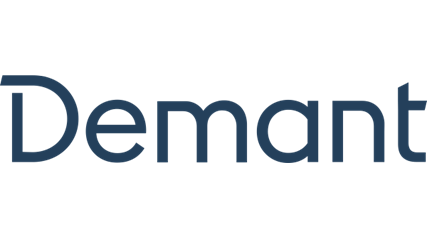
Demant
Demant is a world-leading hearing healthcare and technology group offering a broad range of innovati


Struers ApS
Struers is a production company that develops, manufactures and distributes materialographic solutions for the preparation and

Palsgaard A/S
With a legacy of innovation that began in 1917 when founder Einar Viggo Schou invented the modern plant-based food emulsifier,

Danish Export Association (Eksportforeningen)
Danish Export Association is a private, non-profit organisation for the p


Aquaporin
Aquaporin is a pioneering water technology company headquartered in Denmark, with operations in Singapore, Turkey, the United S
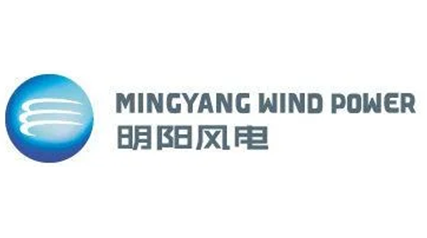
Ming Yang Wind Power European R&D Center ApS
China Ming Yang Wind Power Group Limited is a leading wind turbine manufacturer in Ch

Medicoindustrien
Medicoindustrien is the industry association for companies in Denm

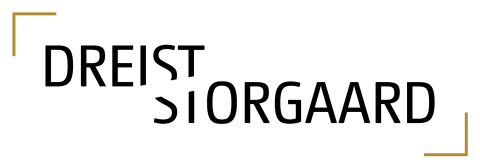
DreistStorgaard Advokater A/S
DreistStorgaard is a full-service law firm with great expertise within the fields of corporate law and private law.

Envision AESC
Since its foundation, Envision Energy has maintained constant growth in its business operations, becoming a leading global prov
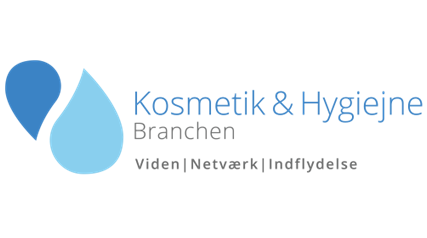
Danish Association of Cosmetics and Detergents
The Danish Association of Cosmetics and Detergents is the Denmark's largest trade association for Danish and international comp

Danish Pharmaceutical Industry
Danish Pharmaceutical Industry works hard to provide quality food supplements, with natural vitamins, organic minerals and

AVK Holding A/S
The AVK Group comprises AVK Holding A/S and subsidiaries employ more than

TAJCO GROUP A/S
TAJCO develops and manufactures premium steel trims for the global automotive industry and is the market leader within its fiel

Liqtech Holding A/S
Liqtech is a company specializing in advanced membrane filtration technology.

Hummel
Hummel is a global sports apparel company with a strong presence in both performance and lifestyle segments, blending athletic
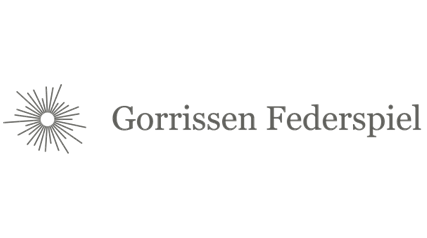
Gorrissen Federspiel Advokatpartnerselskab
Gorrissen Federspiel is a full service law firm with practice areas covering all aspects of Danish and EU commercial law.

GoGift A/S
Since 2003, GoGift has been at the forefront of the global gift card market, delivering innovative gifting solutions within the


Fertin Pharma A/S
Fertin Pharma is a family-owned company based in Denmark. The company’s heritage in chewing gum has lasted 100 years and
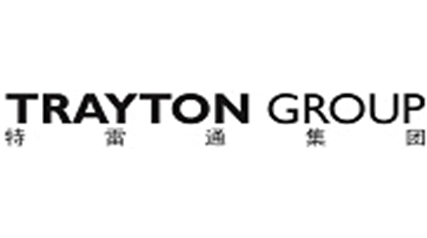
Trayton Group
Trayton Group was founded in 1995 in Shanghai, by its present CEO, the Danish born Simon Lichtenberg.Their focus and core compe

Danfoss A/S
Danfoss is one of Denmark’s largest industrial groups and a global leader

Become Our Member
Please fill out the membership application form below.
All applications to Danish-Chinese Business Forum will be subject to review.
OUR
EVENTS
Annual General Meeting 2026
Date: April 22, 2026
Event: Annual General Meeting
Venue: AVK Danmark A/S
About the Event
Danish-Chinese Business Forum is pleased to annouce this year's Annual General Meeting (AGM), which will take place on Wednesday the 22nd of April, 2026. The AGM will be hosted by AVK Group in Galten near Aarhus.
The central theme of this year's AGM is EU-China relations. We have invited several distinguished speakers to provide updates on these topics, which will be announced in the week to come.
Additional details about the event will be shared as the date approaches.
(Only for Members of DCBF)
-
22 Apr
Annual General Meeting 2026
Annual General Meeting
Annual General Meeting 2026
Date:April 22, 2026
Event: Annual General Meeting
Venue: AVK Danmark A/S
About the Event
Danish-Chinese Business Forum is pleased to annouce this year's Annual General Meeting (AGM), which will take place on Wednesday the 22nd of April, 2026. The AGM will be hosted by AVK Group in Galten near Aarhus.
The central theme of this year's AGM is EU-China relations. We have invited several distinguished speakers to provide updates on these topics, which will be announced in the week to come.
Additional details about the event will be shared as the date approaches.
(Only for Members of DCBF)
OUR
News

Martin Bech Appointed Deputy Secretary General
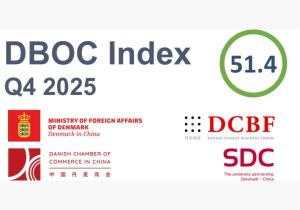
Danish Business Outlook on China Q4, 2025

Discussing the Fourth Plenary Session of the 20th CPC Central Committee and the Global Governance Initiative
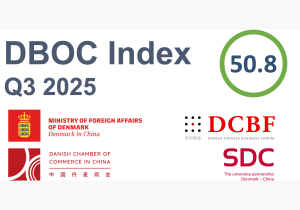
Danish Business Outlook on China Q3, 2025
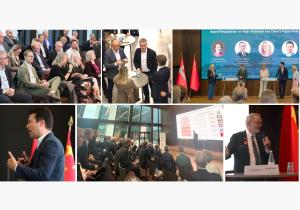
China Perspectives for the Board Room
Hosted by BESTSELLER at their headquarters in Aarhus, we concluded our three-part event and webinar series on "Managing Risk in China" with a joint conference in collaboration with Bestyrelsesforeningen (Board Leadership Society of Denmark). Having moved progressively from the micro to the macro level across the series, this final event focused on board-level perspectives on China.

Delegation Visit from the China Council for the Promotion of International Trade (CCPIT)

Danish Business Outlook on China Q2, 2025
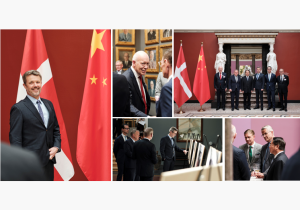
Marking 75 Years of Diplomatic Relations between Denmark and China
OUR
Podcast
CONTACT INFORMATION
Address: Tingskiftevej 5, DK-2900, Hellerup
Phone: +45 33 32 97 78
Mail: info@dcbf.dk
CVR: 29 05 16 31
